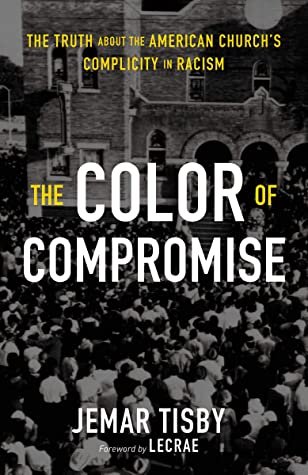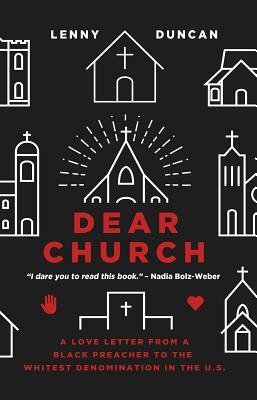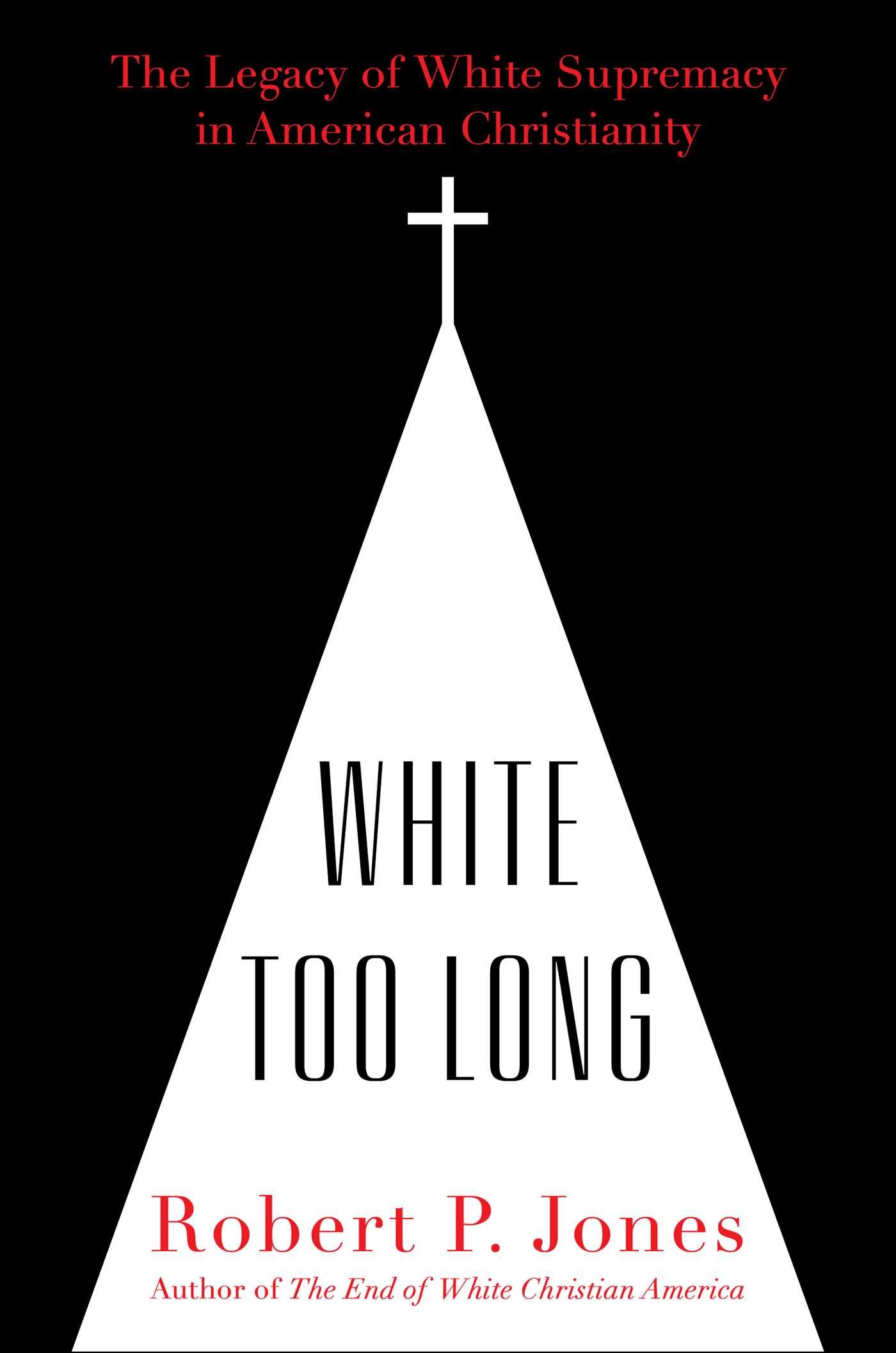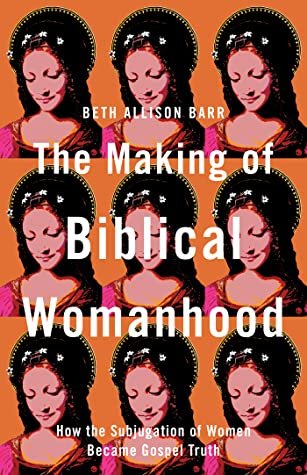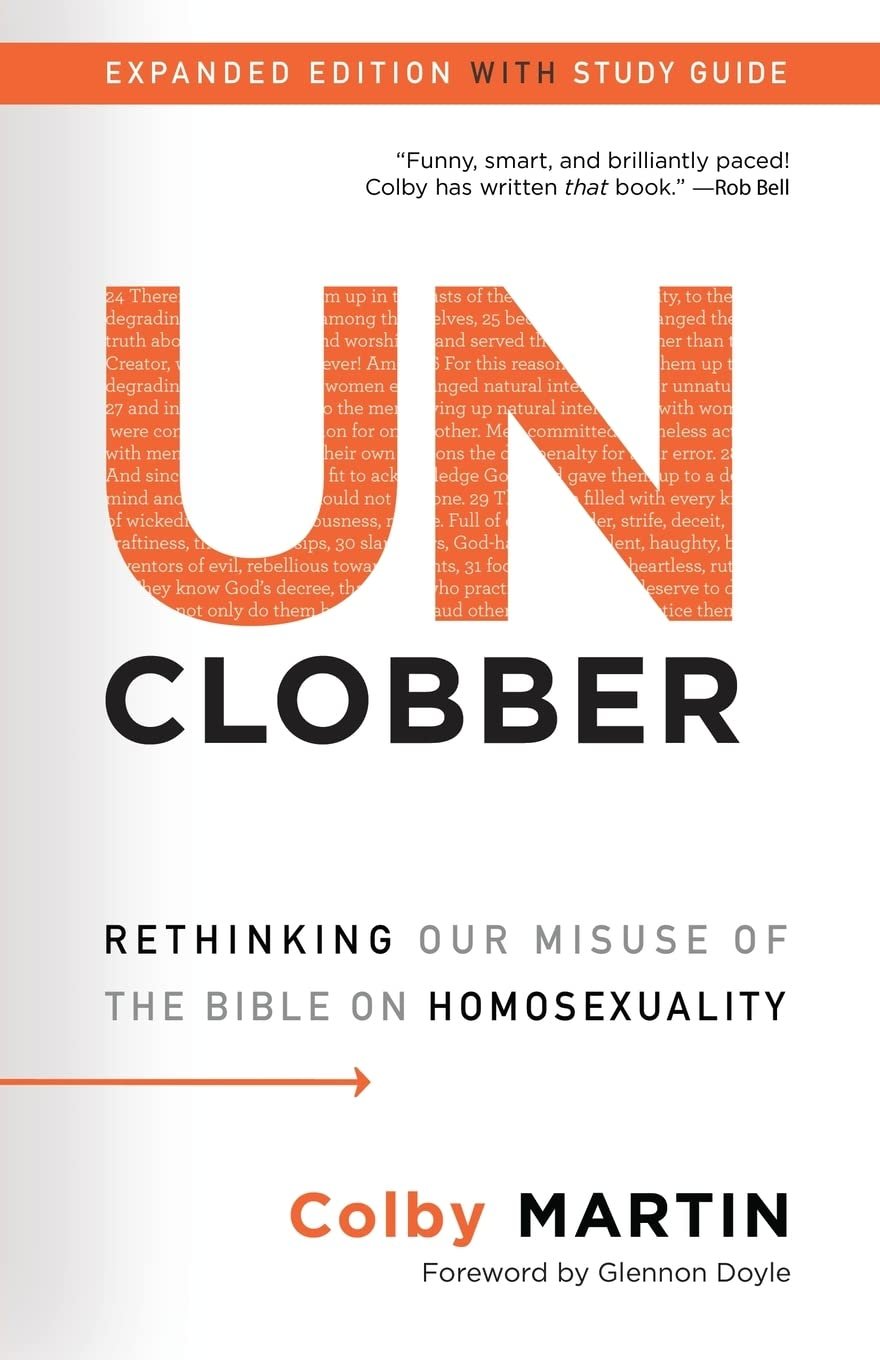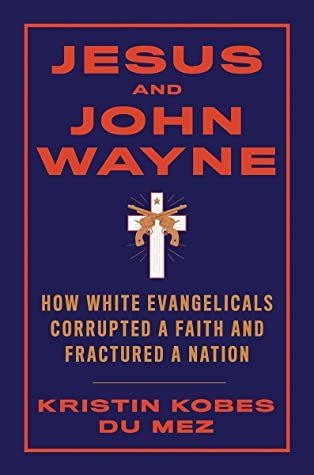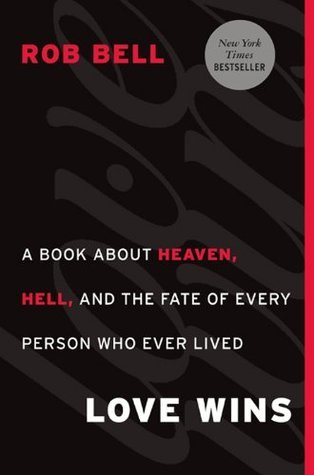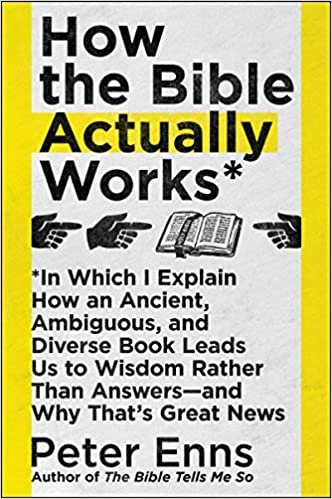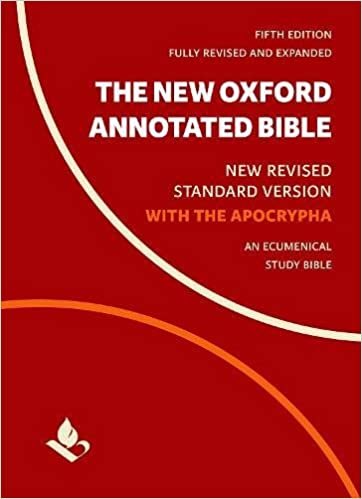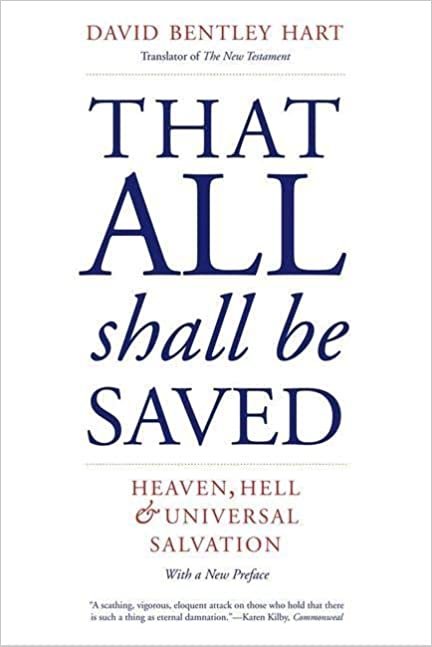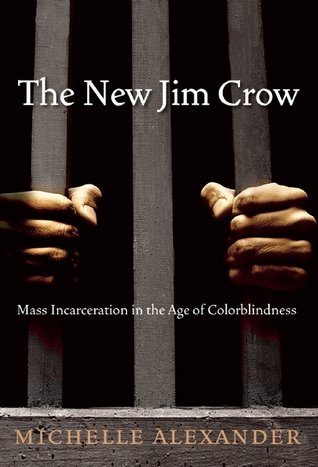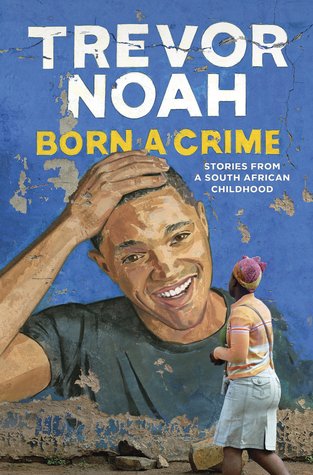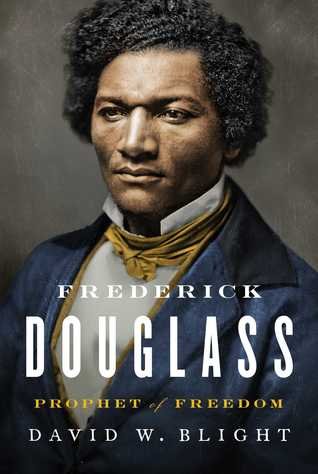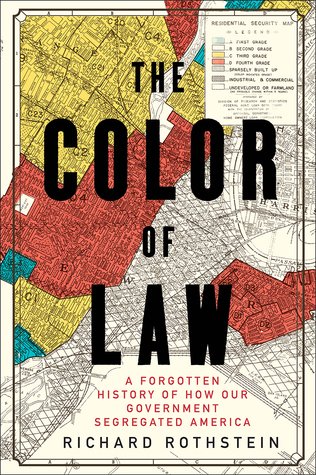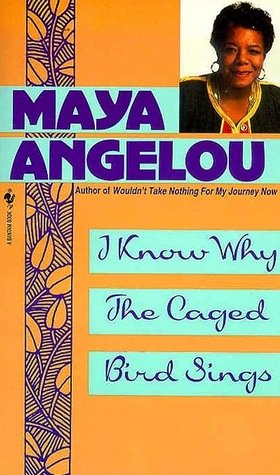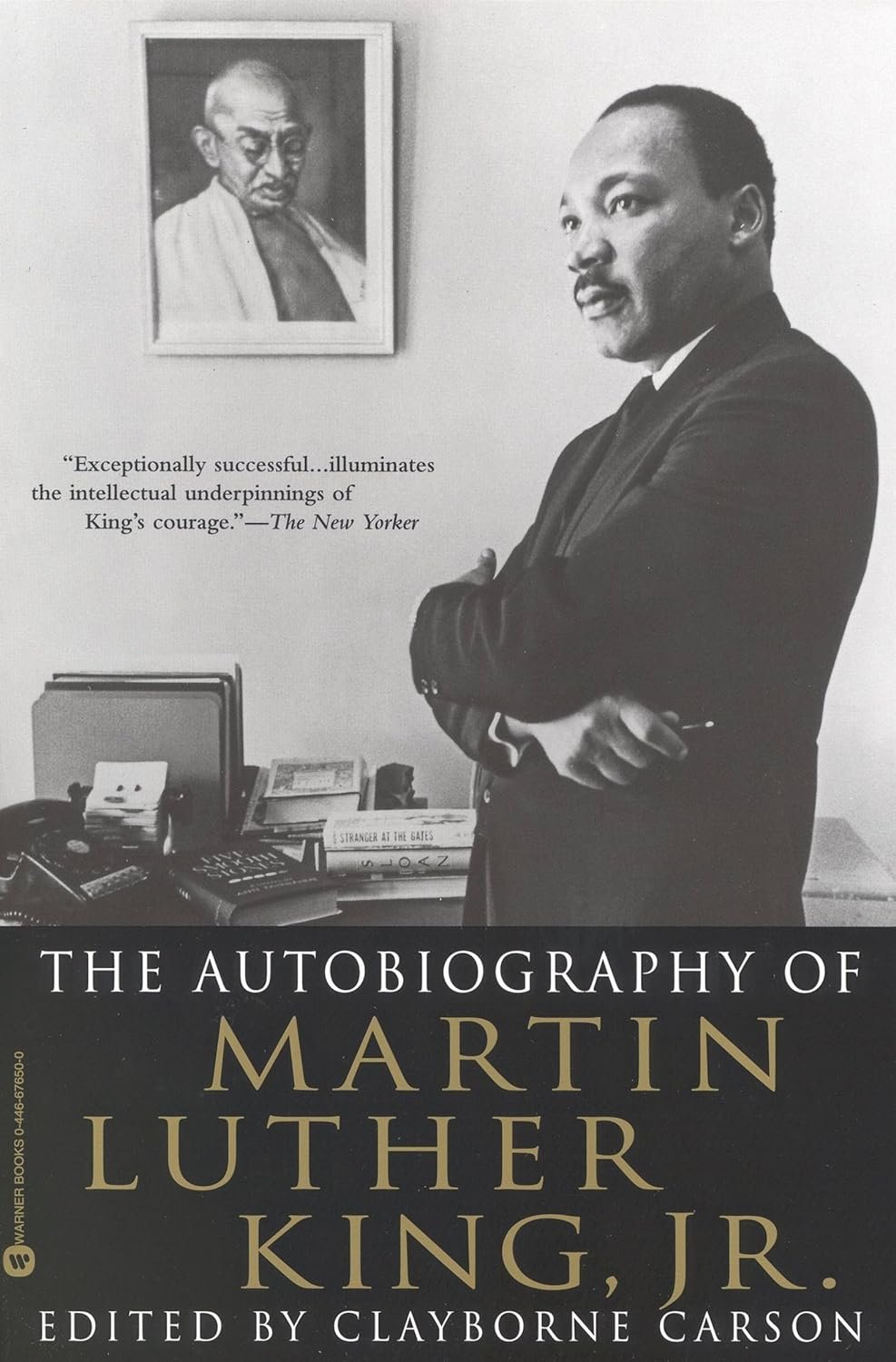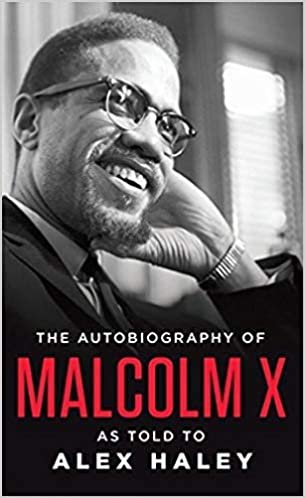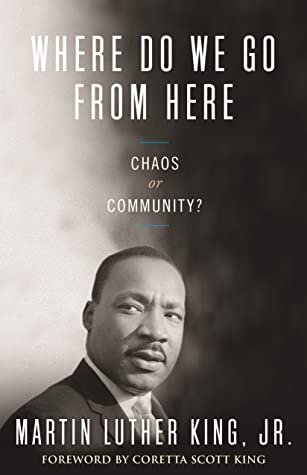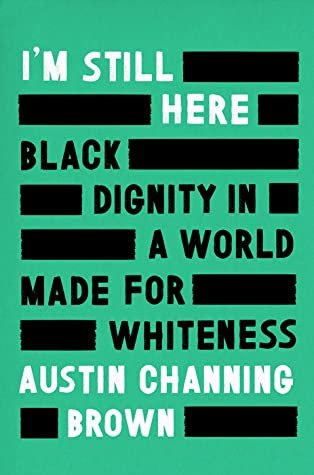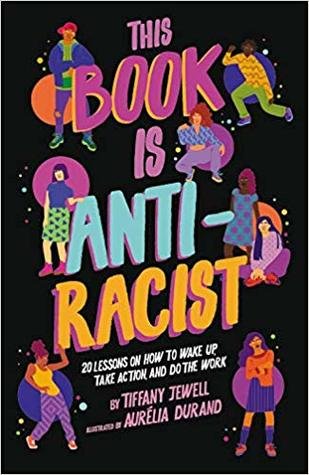Recommendations Last Updated: July 16, 2023
Whether you know someone who is exploring this topic or if you need to embark on your own personal deconstruction journey, please see my personal recommendations below.
If you have any book recommendations you believe may be a good fit for this page, please message me on any of the social media platforms found on my links page here.
Please note: like my education on this subject, this page is subject to change and will continue to improve. I will update this post along with the date the books were added as I complete them.
The following is a condensed list of links. For a deeper explanation of my recommendations, please continue further down the page.
Brief Book Listing
- The Color of Compromise: The Truth About the American Church's Complicity in Racism by Jemar Tisby
- Dear Church: A Love Letter from a Black Preacher to the Whitest Denomination in the US by Lenny Duncan
- White Too Long: The Legacy of White Supremacy and American Christianity by Robert P. Jones
- The Making of Biblical Womanhood: How the Subjugation of Women Became Gospel Truth by Beth Allison Barr
- UnClobber: Expanded Edition with Study Guide: Rethinking Our Misuse of the Bible on Homosexuality by Colby Martin
- Jesus and John Wayne: How White Evangelicals Corrupted a Faith and Fractured a Nation by Kristen Kobes Du Mez
- Love Wins: A Book About Heaven, Hell, and the Fate of Every Person Who Ever Lived by Rob Bell
- How the Bible Actually Works: In Which I Explain How An Ancient, Ambiguous, and Diverse Book Leads Us to Wisdom Rather Than Answers―and Why That's Great News by Peter Enns
- The New Oxford Annotated Bible with Apocrypha (NRSV) edited by Michael Coogan, Marc Brettler, Carol Newsom, and Pheme Perkins
- That All Shall Be Saved: Heaven, Hell, & Universal Salvation by David Bentley Hart
Detailed Recommendations
The Color of Compromise: The Truth About the American Church's Complicity in Racism by Jemar Tisby - This book provides a perspective on the history of the United States specifically to the Church’s complicit role in perpetuating systemic racism. A powerful indictment on the current state of Christianity in America and a must read for Christians.
Dear Church: A Love Letter from a Black Preacher to the Whitest Denomination in the US by Lenny Duncan - Although the author of this book specifically addresses the ELCA (Evangelical Lutheran Church in America), their pleas and lamentations apply to churches all across the United States.
White Too Long: The Legacy of White Supremacy and American Christianity by Robert P. Jones - An urgent call and challenge to all white Christians to recognize the church's role in the advancement of white supremacy in the United States. The author elagantly pulls from history, case studies, and community reports to encourage white Christians to confront these uncomfortable truths that have taken root with the help of the church.
The Making of Biblical Womanhood: How the Subjugation of Women Became Gospel Truth by Beth Allison Barr - A critical look at the culture of patriarchal control and abuse of the Bible that sought to erase women from positions of leadership in the Church.
UnClobber: Expanded Edition with Study Guide: Rethinking Our Misuse of the Bible on Homosexuality by Colby Martin - A preacher recounts his spiritual walk to becoming the leader of a fully affirming LGBTQ+ church while addressing each of the "clobber" passages (Genesis 19:1-29, Leviticus 18:22 & 20:13, Romans 1:26-27, 1 Corinthians 6:9, and 1 Timothy 1:10) with a biblical, cultural, etymological, and historical breakdown of each. Designed with the reader in mind: read the even-numbered chapters for the Unclobbering of the clobber passages, read the odd-numbered chapters for Martin's spiritual walk on the subject, read both for the full story and context. A book I consider as required reading for Christians who are not already fully affirming of our LGBTQ+ siblings. An edition without the study guide may be found here.
Jesus and John Wayne: How White Evangelicals Corrupted a Faith and Fractured a Nation by Kristen Kobes Du Mez - An account of the white evangelicalism movement since the 1940s to the 2016 election, Du Mez helps illustrate how evangelicals substituted Jesus of the Gospels with an idol of patriarchal toxic masculinity, authoritarian rule, xenophobia, and homophobia. Why did so many Christians gather around to support a man who goes against just about every teaching of the very Jesus they claim to espouse? Du Mez provides a much-needed perspective.
Love Wins: A Book About Heaven, Hell, and the Fate of Every Person Who Ever Lived by Rob Bell challenges traditional Christian beliefs about heaven, hell, and salvation. Bell argues that a loving God would not condemn people to eternal punishment in hell, and suggests that everyone will eventually be saved. He also questions the notion of a literal interpretation of biblical descriptions of hell and suggests that they may be metaphorical.
How the Bible Actually Works: In Which I Explain How An Ancient, Ambiguous, and Diverse Book Leads Us to Wisdom Rather Than Answers―and Why That's Great News by Peter Enns - A book that tackles the topic of the Bible as a book of rules versus a book of wisdom. The author further argues how different generations had to "reimagine God" by updating the exile narrative of the people of Isreal to adapt their faith for the time of the author. For example, the distinction between 1 & 2 Kings and how 1 & 2 Chronicles may seem like a direct “retelling” of the same story when placed one right after the other in the Bible, but in context 1 & 2 Chronicles was written centuries after 1 & 2 Kings and was reframed accordingly for the modern generation of that time. The author goes on to argue a similar “reimagining” occurs from the Hebrew Bible to the Christian New Testament. I enjoyed reading this book and it provides great context to the timeframes in which different sections of the Bible were written, and the cultures surrounding each generation. If this blurb either peaked your curiousity or made your neck hairs bristle as potential heresey, it's a good indication you might need to read this book.
The New Oxford Annotated Bible with Apocrypha (NRSV) edited by Michael Coogan, Marc Brettler, Carol Newsom, and Pheme Perkins - The Bible used by biblical scholars, seminary programs, and my main biblical reference. Filled with invaluable resources littered throughout its entirety including: maps, introductory sections to each individual book and all main biblical sections (including the Apocrypha), footnotes, and appendices that include essays for textual criticism, biblical interpretation, cultural contexts and more. Out of the several different study Bibles and versions I reference, if you can only choose one to get a deeper understanding of the how Scriptures were written, this would be my definitive recommendation.
That All Shall Be Saved: Heaven, Hell, & Universal Salvation by David Bentley Hart - The case is laid out in Hart’s combined theological and philosophical arguments for Universalism in that all souls in humanity are redeemed and saved. A read that is not for the faint of heart, but as the authors outlines early on in his book: this is his exhaustive collection of arguments and counterarguments across all conversations resulting from his presentations, scholar papers, and keynotes over his years as an academic scholar designed to be the single source for any and all future discourse on the topic of Universalism, pre-destination, or whether there is a Hell of eternal conscious torment.

